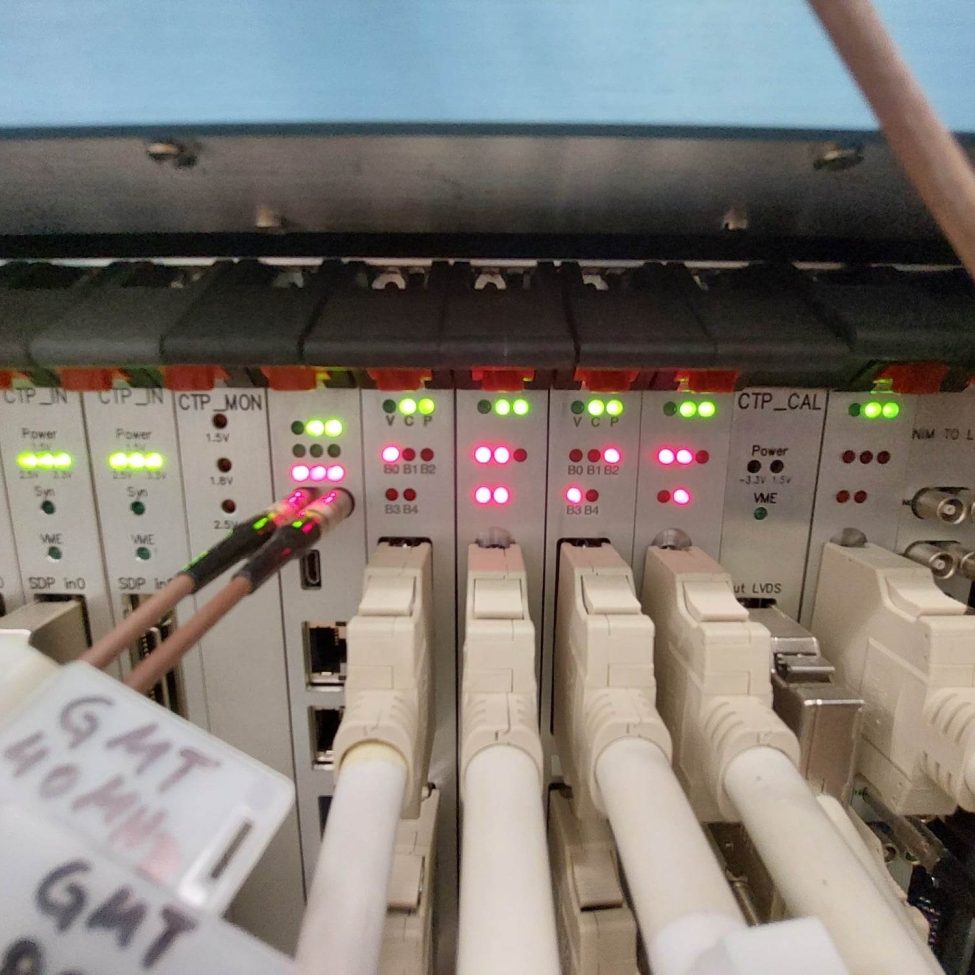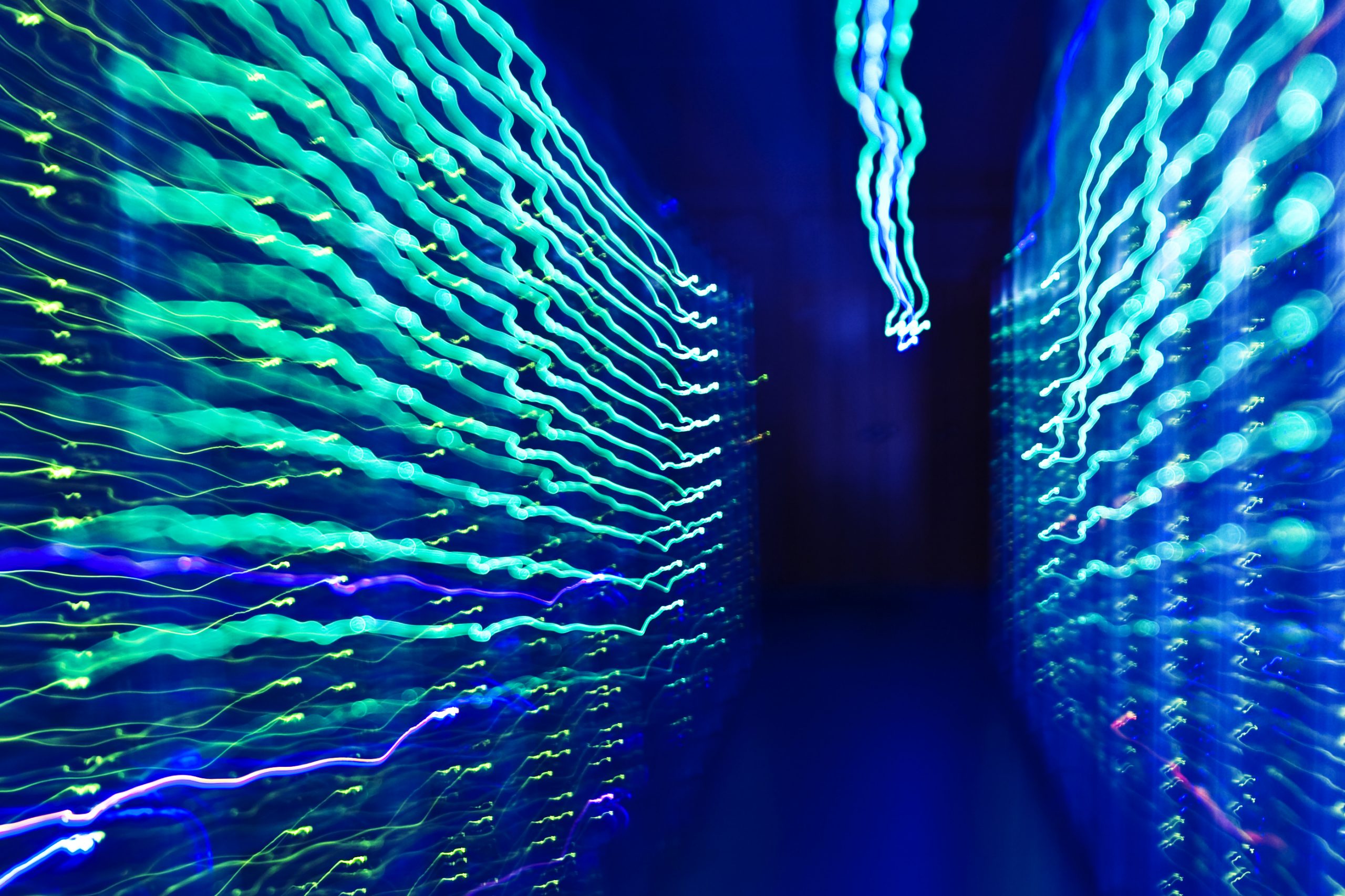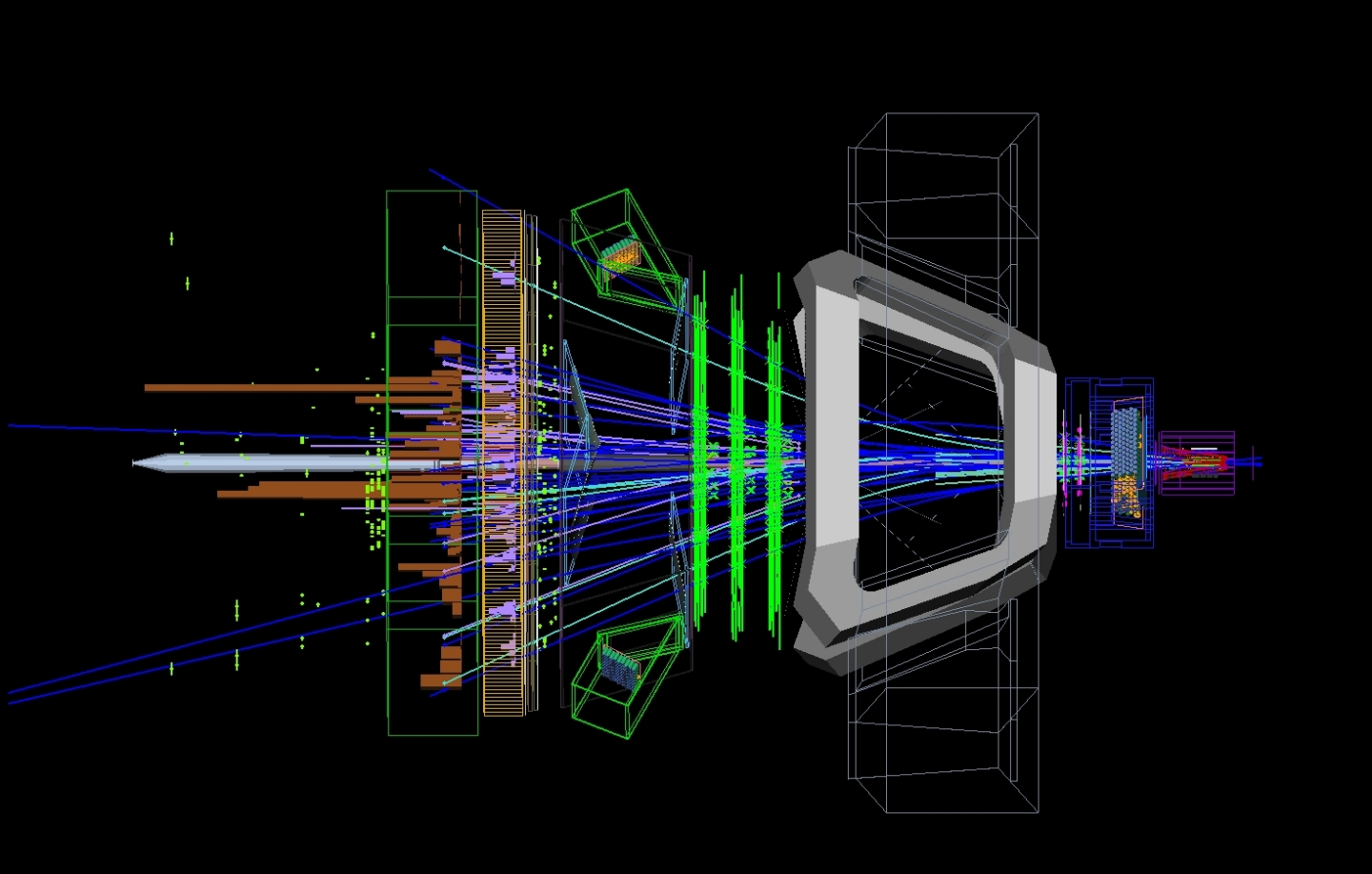Next Generation Triggers
Innovative computing technologies for data acquisition and processing
for the High-Luminosity Large Hadron Collider and beyond
Our research

Experiment Trigger Systems
ATLAS and CMS experts in NextGen develop new workflows and data processing techniques to increase the sensitivity of future particle physics triggers

Heterogeneous Computing
NextGen develops and benchmarks software and techniques to exploit accelerated computing architectures keeping in mind cost and energy efficiency

Artificial Intelligence
NextGen investigates the use of AI technologies to improve the experiments’ physics impact leveraging massive data throughput pipelines and large-scale models

Physics Simulation
Theoretical physicists and software engineers in NextGen look at new event generators techniques to improve simulation and detection of exotic signatures

Education and Training
NextGen works with the High-Energy Physics community and computer science experts to provide new generations of scientists with the right skills for tomorrow’s challenges
NGT events calendar
If you want to subscribe to our Google calendar to automatically receive the notification of the events, you can do it by clicking here.
For iCal (.ics) subscription link (for Outlook, iPhone, Mac, etc.) you can do it by clicking here.